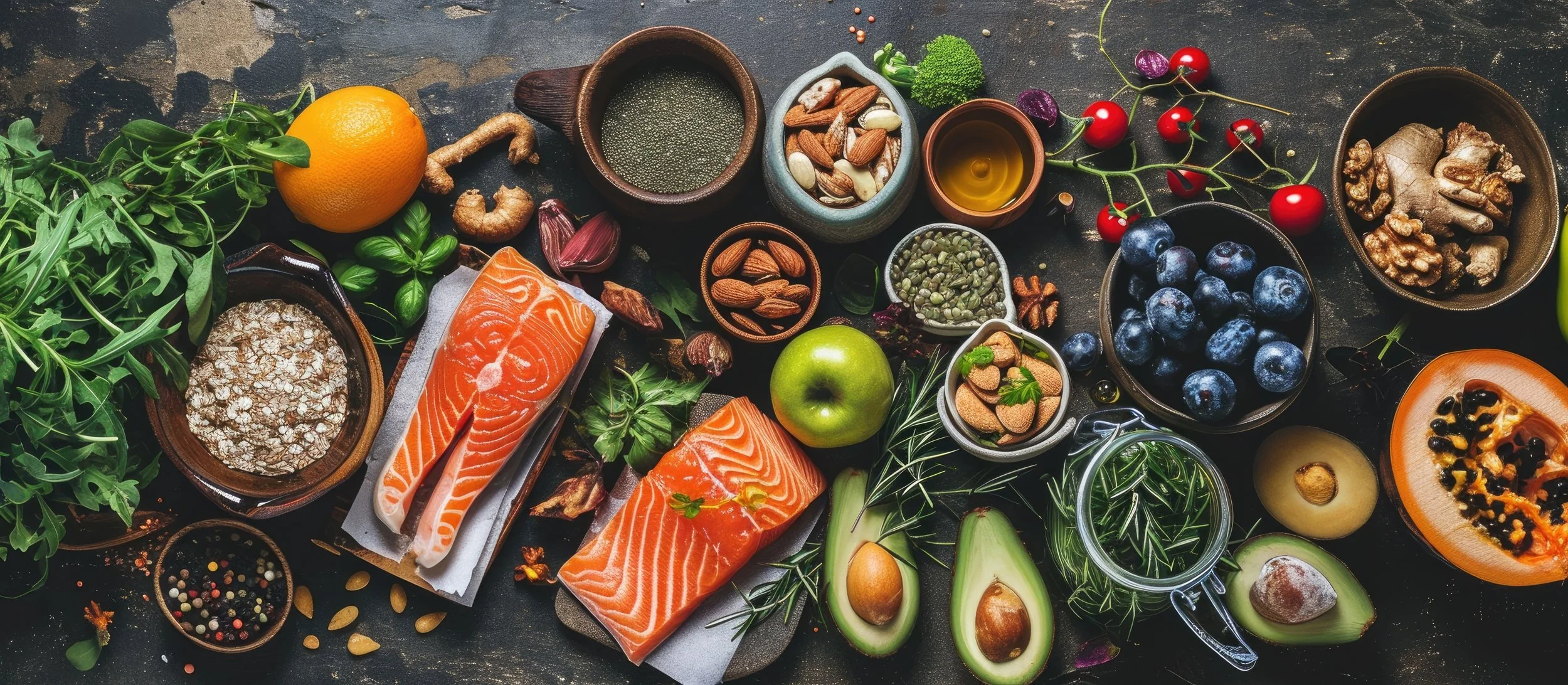Protein consumption is a vital aspect of strength training in order to build muscle. Proteins are in our cells, tissue and muscles and without them we can be fatigued and distant from the results of our hard work in our workouts. Amino acids are the building blocks for all the proteins in our bodies. There are essential amino acids and non-essential amino acids. Complete protein foods like meat, poultry, fish, eggs and cheese contain complete amino acids our bodies need not only for muscle, tissue and cell repair and growth. Proteins are made up of 20 amino acids. Each plays an important role. The body can make up 11 of these amino acids called non-essential amino acids. It is up to us to make up for the remaining 9 called essential.
Foods that contain a high concentration of protein:
Meat
Fish
Eggs
Tofu
Legumes
Nuts and seeds
Milk and milk products (cheese and yogurt)
Containing less amount of protein are foods like the following grains:
Spelt
Quinoa
Wild rice
Oats
Buckwheat
These fruits and vegetables contain protein in lesser concentrations:
Lentils
Peas
Spinach
Edamame
Chickpeas
Black beans
Fava & Lima beans
Broccoli
Asparagus
Artichoke hearts
Sweet corn
Avocado
Kiwi
Blackberries
Apricot
Pomegranate
So how much protein do we need?
It is generally recommended that protein constitutes 10-35% of your daily caloric intake. For a 2,000-calorie diet, this means consuming 200 - 700 calories from protein each day. Alternatively, protein requirements can be calculated based on body weight. The Academy of Nutrition and Dietetics advises that an average person should consume 0.8 grams of protein per kilogram or 0.35 grams per pound of body weight daily for general health. For example, someone weighing 165 pounds should aim for 60 grams of protein each day. Since protein has about four calories per gram, 60 grams of protein equals 240 calories.
People who exercise on a regular basis have higher protein needs of about .64 - .91 per pound of body weight. Those who regularly lift weights or are training for a running or cycling event need 1.2 - 1.7 grams per kilogram. In addition, people above age 50 should also consume more protein than the average person.
